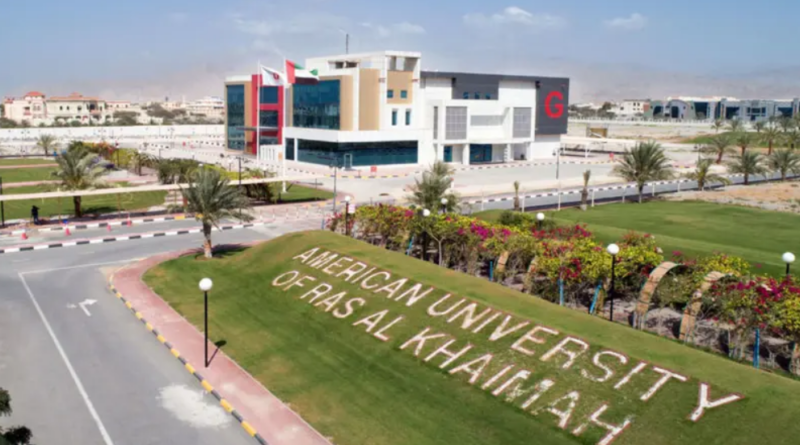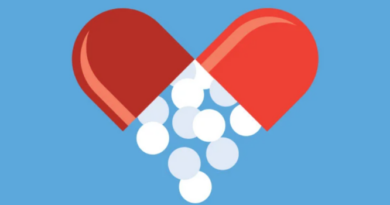RAK University found 50% of patients self-medicate with antibiotics 2023
According to a press release by the American University of Ras Al Khaimah, over 50 percent of those polled had self-medicated with antibiotics, and 53 percent incorrectly believe drugs may treat viral diseases (AURAK).
These are some of the findings from a research study conducted by a team of researchers led by Dr. Cijo Vazhappilly from the American University of Ras Al Khaimah (AURAK) in collaboration with researchers from Mohammed Bin Rashid University of Medicine and Health Sciences (MBRU) and Ras Al Khaimah Medical and Health Sciences University
The study, financed by the Sheikh Saud bin Saqr Al Qasimi Foundation for Policy Research, focuses on assessing awareness, attitude, practice, and views concerning the use of antibiotics among the general people in the emirate of Ras Al Khaimah.
49 percent of the 306 respondents reported taking antibiotics for self-medication at least once. In the past one to two years, nearly 32 percent of respondents admitted to purchasing antibiotics without a prescription.

52.94% of participants thought antibiotics might cure viral illnesses such viral fever, contributing to antibiotic resistance.
Prof. Stephen Wilhite, Senior Vice President for Academic Affairs and Student Success/ Provost of AURAK, stated, “As a university devoted to undertaking research on important areas, we are pleased that our scholars have touched on a topic of significant relevance in contemporary healthcare. The findings are particularly important to efforts to minimize antibiotic resistance in this region of the world.”
Dr. Mohamed Al Zarooni, Associate Provost for Research and Community Service at AURAK, stated, “We are pleased to have obtained important data on the spread of antibiotic resistance, which will help policymakers determine what must be done to address this grave public health problem. Albeit restricted to the emirate of Ras Al Khaimah, we anticipate the patterns would be consistent throughout the United Arab Emirates. We do hope that people at large and medical practitioners in particular behave adequately to minimize antibiotic resistance.”
Senior professors and a group of students from the Department of Biotechnology in the School of Arts and Sciences at AURAK undertook the research.
According to global studies, antibiotic resistance is one of the most severe dangers to public health. Antibiotic resistance happens when microorganisms like bacteria, viruses, and fungi develop the ability to defeat the drugs designed to kill them. This indicates that the pathogens continue to proliferate and invade bodily systems.
According to the study, antibiotic resistance results in longer hospital stays, higher healthcare expenses, and an increase in morbidity and death.
The researchers also questioned large pharmacies in Ras Al Khaimah to see if antibiotic distribution protocols were followed. They concluded that the overuse or incorrect use of antibiotics in the healthcare system was the primary cause of antibiotic resistance. Additional potential causes include prescribers’ poor understanding, their historical prescribing patterns, patient expectations, pharmaceutical marketing, and the selling of antibiotics without a prescription.
The researchers suggested that every healthcare organization should have an antibiotic resistance policy. In addition, they recommended that healthcare organizations educate the public and regularly remind healthcare practitioners of the negative effects of antibiotic resistance.
The AURAK team also helped to the development of comprehensive health education initiatives, which were subsequently implemented throughout Ras Al Khaimah to increase public understanding of correct antibiotic usage.




